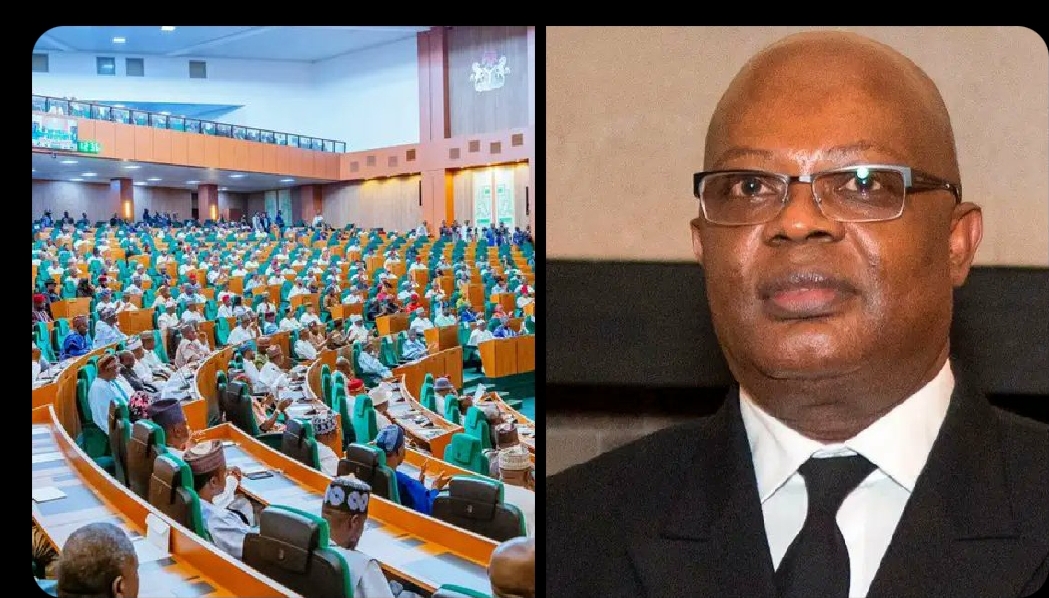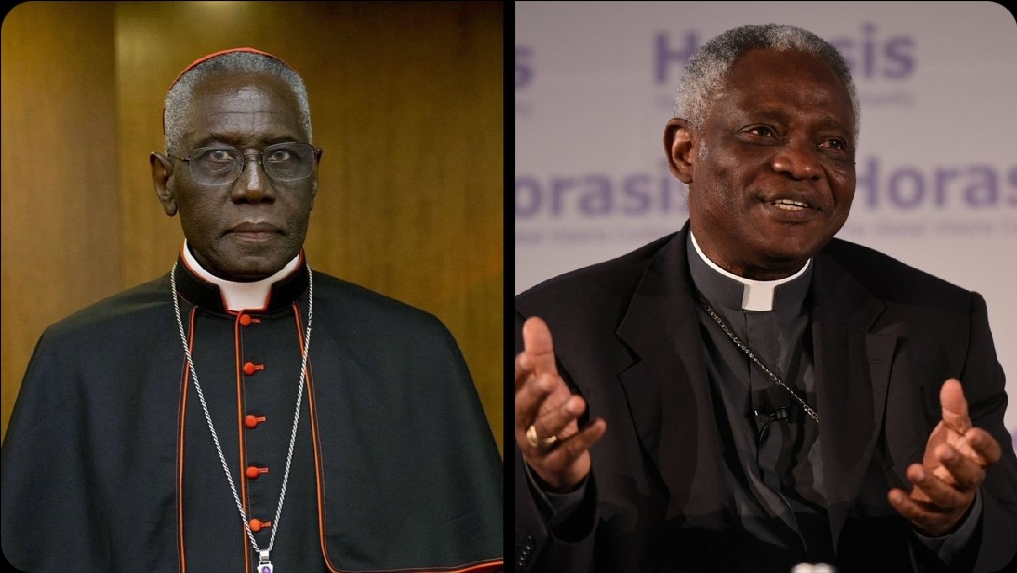
House of Representatives Challenges Rivers State Sole Administrator’s Authority to Make Laws

On April 7, 2025, a significant development unfolded in Nigeria’s political landscape as the House of Representatives issued a stern reminder to Vice Admiral Ibok Ete Ibas (retd.), the Sole Administrator of Rivers State.
The House emphasized that Ibas lacks the constitutional authority to enact laws for the oil-rich state, a role strictly reserved for elected state assemblies.
This statement comes amid ongoing political turbulence in Rivers State, a key player in Nigeria’s oil industry, and highlights the delicate balance of power in the country’s federal system.
The backdrop to this controversy began in March 2025, when President Bola Tinubu declared a state of emergency in Rivers State. This drastic measure followed a deepening political crisis that had brought governance in the state to a standstill.
The crisis, marked by internal conflicts within the People’s Democratic Party (PDP) and a rift between Governor Siminalayi Fubara and his predecessor, Nyesom Wike, who now serves as a powerful political figure in Tinubu’s administration, led to the suspension of the governor, his deputy, and all state lawmakers for six months.
Tinubu appointed Vice Admiral Ibas, a retired Nigerian Navy officer and former Chief of Naval Staff (2015–2021), as the Sole Administrator to oversee the state’s affairs during this interim period.
However, Ibas’s actions since taking office have sparked widespread concern and criticism.
The House of Representatives’ statement underscores a fundamental principle of Nigeria’s 1999 Constitution, which governs the country’s federal structure.
According to the Constitution, only elected state assemblies have the mandate to legislate at the state level.
The National Assembly, comprising the Senate and the House of Representatives, holds exclusive legislative powers on certain matters, while state assemblies handle local governance issues.
A sole administrator, appointed under emergency conditions, is meant to manage administrative functions and maintain order, not to assume the legislative responsibilities of an elected body.
The House’s reminder to Ibas serves as a check on his authority, reinforcing the separation of powers that is central to Nigeria’s democratic framework.
Rivers State’s political crisis has been compounded by security challenges, including militancy and the vandalism of oil infrastructure, such as a recent oil pipeline blast.
These issues have heightened the stakes in the region, which is a cornerstone of Nigeria’s economy due to its vast oil reserves.
President Tinubu justified the state of emergency as a necessary step to restore peace and ensure effective governance, but his decision has not been without controversy.
The Nigerian Bar Association and other pro-democracy groups, such as the Centre for Constitutional Governance (CCG), have criticized the move as unconstitutional, arguing that it undermines democratic principles and sets a dangerous precedent.
The CCG, in particular, has accused Ibas of overstepping his mandate by suspending political office holders and dissolving key institutions like the Rivers State Independent Electoral Commission (RSIEC) and the governing council of Rivers State University—actions they describe as a “blatant power grab.”
The House of Representatives’ intervention reflects broader concerns about the erosion of democratic norms in Rivers State.
By publicly addressing Ibas’s lack of legislative authority, the House is signaling its commitment to upholding constitutional governance, even in the face of emergency measures.
This development also highlights the ongoing tension between federal and state powers in Nigeria, particularly in a region as strategically important as Rivers State.
As the situation continues to evolve, all eyes will be on how Ibas responds to this rebuke and whether the National Assembly, judiciary, and civil society can work together to safeguard Nigeria’s democratic institutions


